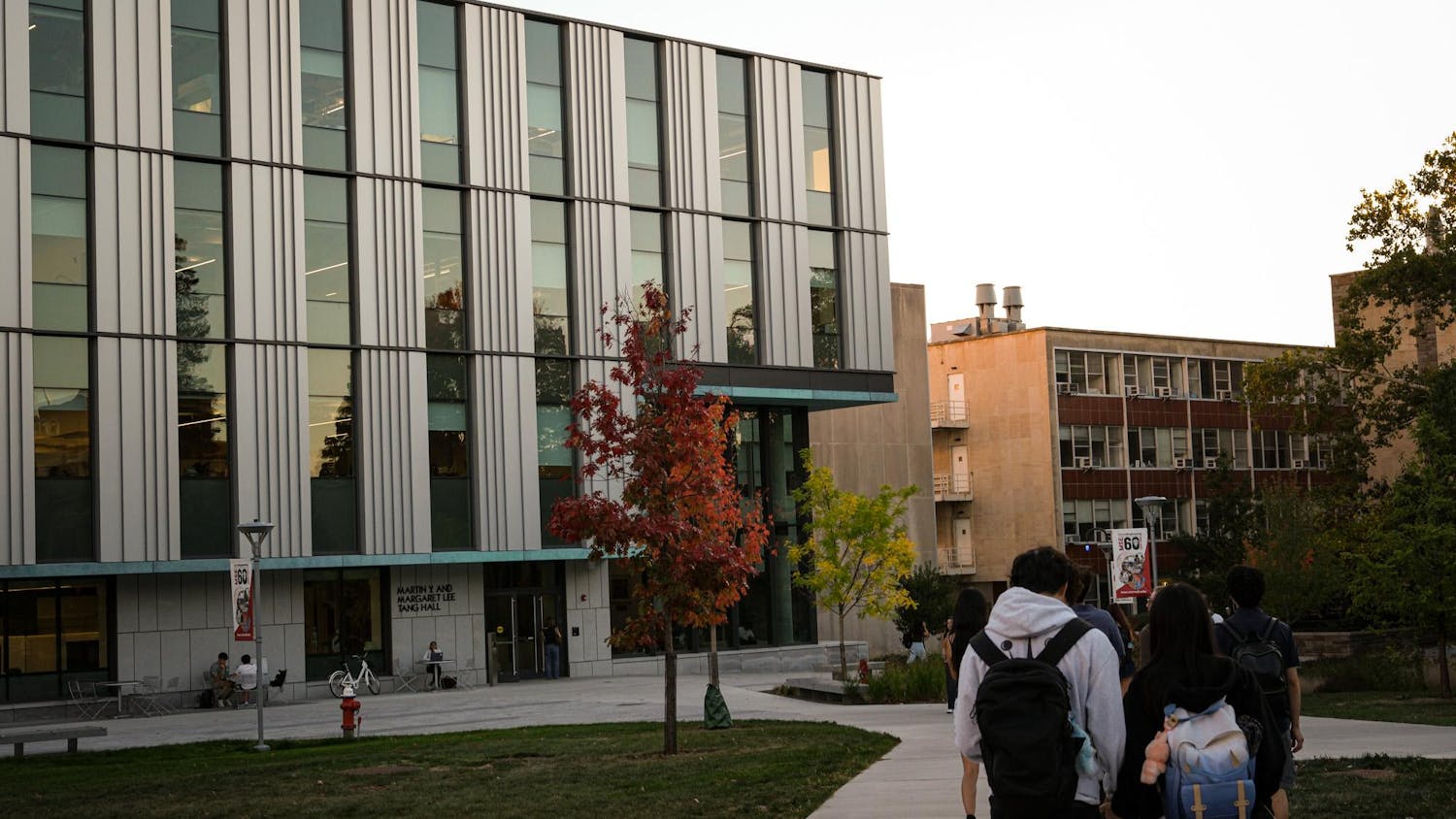Meet Zuzu! SC Johnson has unveiled its latest campaign, "Zuzu," as part of its efforts to end global plastic waste. The initiative, represented by an animated hermit crab with a plastic bottle as its shell, encourages collective action for stronger plastic policies while supporting waste collection programs in developing countries.
Since its launch this March, Zuzu has become a recognized symbol of SCJohnson’s efforts to pay individuals in developing countries to collect plastic waste, which is then recycled for product production. So far, the project has prevented 5 million bottles' worth of plastic from entering the world’s oceans, contributing to the company’s overall use of 22% Post-Consumer Recycled (PCR) content in their packaging.
By building a digital ecosystem around Zuzu, SC Johnson hopes to inspire public and government action on plastic pollution. The campaign features celebrity partnerships and a dedicated social media presence documenting Zuzu’s journey. Earlier this year, Zuzu crashed the Oscars red carpet live on E! to urge viewers to sign a petition for stronger plastic regulations and direct them toward an educational platform.
This creative push comes at a critical time, as the scale of the plastic crisis continues to grow: approximately 14 million metric tons of plastic waste enter the world’s oceans each year. By 2060, humans are projected to create 1 billion tons of plastic waste, threatening ecosystems, livelihoods, and industries such as tourism. Fragments of plastic waste, known as micro- or nano-plastics, are now found on even the most remote parts of the planet. This is especially important, considering emerging studies have linked microplastics to adverse health effects. Scientists have found plastic in mothers’ milk, and human blood, with studies calculating that plastic waste makes up approximately 0.5 percent of our brains by weight - a quantity equivalent to the weight of a plastic spoon.
During a lecture at Cornell University on April 14, SC Johnson CEO and Cornell Alumnus Fisk Johnson, MBA ‘84, PHD ‘86, addressed what he calls “The Plastics Paradox” - the reality that plastics pose severe environmental and social impacts, but are an immensely useful material whose alternatives frequently have a larger carbon footprint.
SC Johnson has attempted to address this paradox by working toward adopting a circular business model, utilizing as much recycled plastic as possible in its products and reducing its plastic footprint by 32% since 2018. During the lecture, Johnson highlighted the company’s efforts and challenges. “We’ve tried hard for more than 30 years to reduce our plastic footprint, and for all the ambition and good effort…I can’t sit here and raise my hand today and say I feel good about the progress that we’ve made,” said Johnson. While the company launched its first 100% recycled plastic bottle in 1990, the company has encountered several setbacks. Johnson emphasized that such initiatives, when voluntarily adopted by individual companies, can be costly to the point of competitive disadvantage.
“You need everyone in the plastic ecosystem working together at scale to solve the issue,” claims Johnson, "The only real way to do that is through regulation.” Johnson hopes Zuzu will draw attention toward ongoing negotiations seeking to implement The UN Global Plastics Treaty, believing that international regulation can level competion, promote faster innovation and create market stability necessary for investment. He specifically advocates for Extended Producer Responsibility (EPR) legislation, which holds the producer responsible for a product’s entire life cycle, forcing companies to incorporate ethical practices and circular economy strategies into their business model. After five rounds of negotiation, no agreement has been reached. Johnson finds this “deeply concerning,” explaining how “some politicians just don’t want to get in the middle of something that can have a near-term negative impact economically and societally.”
Many critics view SC Johnson’s Zuzu campaign as a conflict of interest, noting inconsistencies in their approach to plastic waste reduction, and potential greenwashing. Greenwashing refers to when a company presents itself as environmentally friendly without substantiating these claims with internal sustainable reform, often shifting responsibility onto the consumer. While SC Johnson has made progress in reducing virgin plastic and increasing PCR content, critics argue that more significant changes are needed, such as eliminating single-use plastics and reducing overall plastic production and consumption.
Professor Catherine Kling, applied economics and management, encourages critics to consider SC Johnson’s underlying message. “Any company who stands up and says you should be regulating me and my industry is pretty much by definition, not greenwashing.” At the same time, Kling emphasizes the importance of addressing plastic consumption - a measure that could negatively impact the plastics industry. She ackowledges how investment toward regulating plastics can take away from funding for decarbonizing biodegradable alternatives, such as bioplastics.
Kling also sees Zuzu and SC Johnson’s human interest film series as essential in bridging the pscyhological disconnect between production and consumption. “Stories are fundamental to people’s thinking,” said Kling. “Over time, there becomes motive, and a call for action that then eventually turns into policy and legislation.”
Kling believes a multilateral approach is essential to addressing plastic pollution, from funding substitutes and innovation to market-based solutions and education. Today, SC Johnson has pivoted toward a three-pillar strategy: Product innovation, legislative advocacy, and public advocacy, hoping that a multilateral approach will contextualize human impact, propel collective action, and inspire legislative change.
“In spite of the fact that unilateral voluntary efforts in a competitive market can only go so far, we are going to continue to work very hard to push forward with production innovations that are going to reduce our plastic footprint…but it will take time, time that we don’t have.”
Sofia Echaniz is a Sun contributor and can be reached at ske34@cornell.edu.











